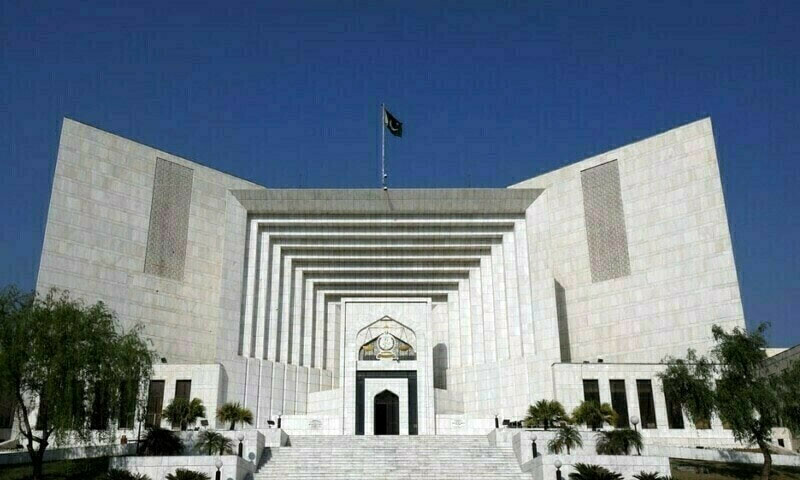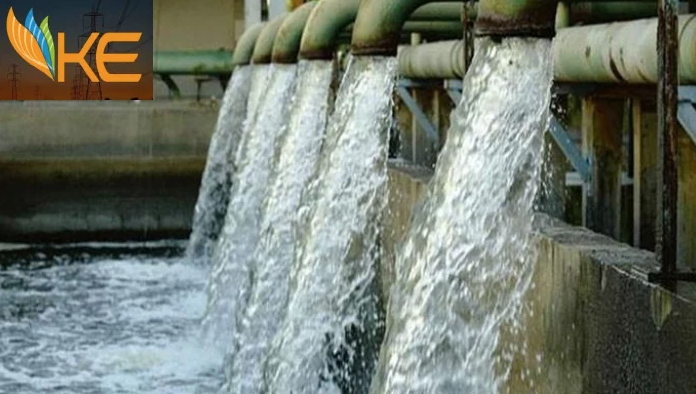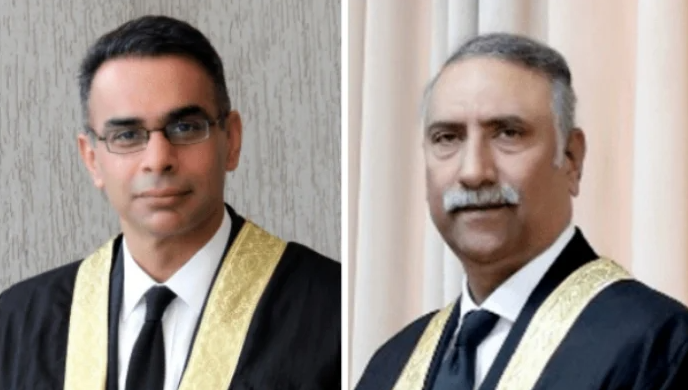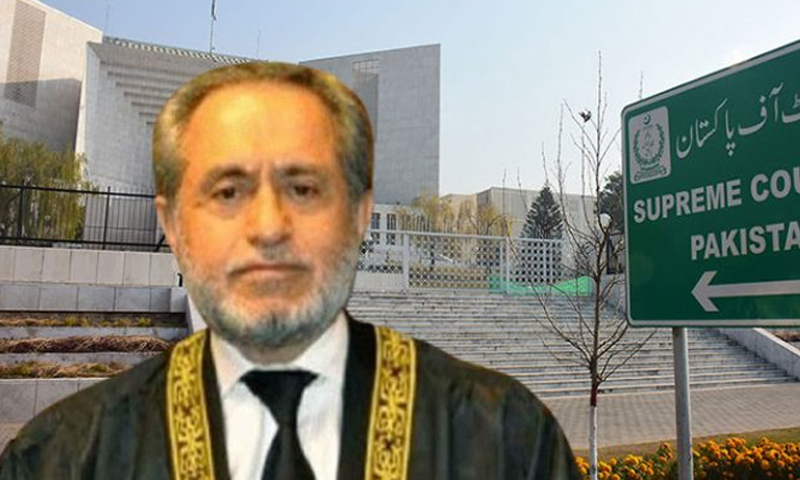LEGAL

The bench postponed the arguments of Idrees Ashraf, lawyer for the founder of Pakistan Tehreek-e-Insaf (PTI), until after the Advocate General of Punjab completed his submissions.
Advocate General Amjad Pervez argued that historical precedent supports the retention of judicial seniority after transfers. He cited the 1955 formation of West Pakistan as one unit, where high courts were merged and judges' prior service was honored. Similar recognition was upheld after the 1970 dissolution of the one unit and the 1976 separation of Sindh and Balochistan High Courts.
However, Justice Naeem Akhtar Afghan countered that Islamabad High Court's scenario differs significantly, with no new formation or dissolution involved in the transfer at hand.
Amjad Pervez insisted that past practice affirms service recognition during transfers. He referenced the special court constituted for the Pervez Musharraf treason trial, where judges from three different high courts were appointed, with the senior-most judge presiding.
Justice Afghan pressed further on whether such transfers under Article 200 of the Constitution are permanent or temporary. Pervez responded that the Attorney General had confirmed these were permanent moves. He added that under constitutional provisions, the President holds the authority to fix the tenure of transferred judges.
Justice Shakeel Ahmed raised a concern that the summary of the transfer made no mention of "public interest." Pervez responded that the term "public interest" is not stated in Article 200 either.
The court also questioned why the 15th judge was selected for transfer when 14 others were ahead in seniority. Pervez noted that the summary was prepared by experienced judges well-versed in constitutional and legal matters.
Following Pervez’s arguments, Idrees Ashraf was finally allowed to begin his submissions. Justice Muhammad Ali Mazhar asked how much time Ashraf needed, to which he responded 15 minutes. The Attorney General also indicated he would require the same.
Justice Afghan cautioned against prolonged arguments, recalling how extensive delays in the Zulfikar Ali Bhutto case led to multiple judicial retirements and changes in bench composition.
The hearing was adjourned until Thursday, when arguments from Ashraf and the Attorney General are expected to conclude.




